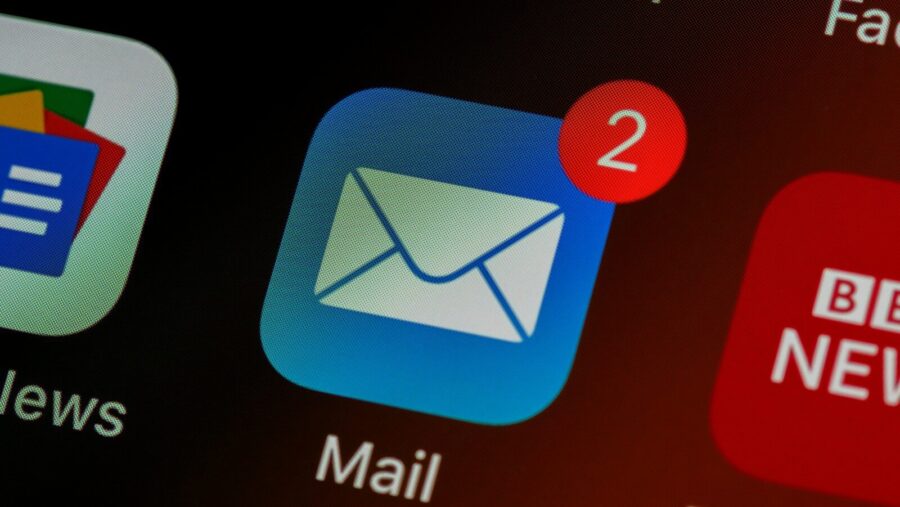There’s a relationship between personalisation and loyalty. But success isn’t automatic – you need to earn it.
Conventional wisdom holds that “personalisation breeds loyalty”. It’s intuitive and permeates our personal and professional relationships throughout our lives. A “thank-you”, a birthday message, or even a hand-written card creates a touch of personalisation and intimacy that can bring us closer together. It’s been said many times and in many ways that even the smallest of interactions can create the biggest of impacts on our relationships.
Good personalisation
But marketing budgets are rarely allocated on intuition, and measuring the link between personalisation and loyalty isn’t straightforward for marketers. It’s not easy to measure how much personalisation contributes to customer loyalty, compared to more direct methods such as offering a discount to repeat customers.
That makes it tricky to answer questions from budget-holders like:
- “Does our investment in personalisation really engender loyalty? If so, to what extent and why?”
- “How should we calculate the ROI of ‘doing more’ personalisation?”
- “Can’t we earn loyalty more effectively by just providing an engaging shopping experience, great products, best prices, free next-day delivery, or free returns?”
By way of answers, there is plenty of evidence regarding the importance of good personalisation. For example, Marigold’s 2024 Consumer Trends Index – of over 10,000 consumers worldwide including over 1,000 in the UK – found that:
- 84% of UK consumers cite they are likely to engage with a personalised offer tailored to their interests. It’s unambiguous that doing personalisation (and getting it right) should be a priority
- a sizable proportion of consumers find ads based on indirect tracking tools and location-targeted ads from unknown brands “creepy”. But certain brand interactions meet consumers’ personalisation expectations without setting off alarms: 87% of UK consumers find birthday offers “cool”, 80% find recommendations based on previous purchases “cool”, and 69% find reminders about items left in their basket “cool”. These three examples of personalisation illustrate the importance of zero-party data in the era of data privacy: such data allows brands to deliver highly personalised and on-target communications.
- brands are still not getting personalisation right consistently: 54% of UK consumers declared themselves “frustrated” by irrelevant content or offers in the preceding six months. No brand wants to be responsible for frustrating its customers.
The importance of loyalty
So, good personalisation is clearly good. Now let’s consider loyalty. The same survey found that:
- seven in ten UK consumers will pay more to shop with the brands to which they are loyal.
- in fact, consumers rank product/service quality (68%), convenience (64%) and customer service (60%) more highly than price (57%) when it comes to making a purchase decision. In their broadest senses, these attributes are not directly related to personalisation, but should remind us all that certain ‘retail fundamentals’ must be in place even before you engage in loyalty-generating marketing. Otherwise, you are immediately competing for the mere 30% of customers who will choose you simply because you are cheaper.
- 68% of UK consumers find loyalty programs to be either “important” or “critically important” to maintaining their brand loyalty. Loyalty programs have such strong appeal to UK consumers that 44% of UK consumers are more likely to take part in a loyalty program in 2024 compared to 2023 – higher than the global figure of 39%. Only 5% are less likely to take part, while the participation of 51% will remain unchanged.
- even treating each consumer as an individual (the ultimate incarnation of personalisation) is not the most important way to earn loyalty. Consumers are loyal to brands that provide a consistent experience (important to 94% of respondents) and use their data in an ethical way (91%). Being treated as an individual scored well, but lower, at 85%.
Such data points indicate a strong link between personalisation and loyalty. And it is how you personalise, how you communicate and what you offer in your personalised marketing that make the difference. How you personalise refers to collecting and using customer data ethically – the research is explicit. How you communicate needs to reflect a customer’s expectations; the same Marigold survey found that email is still the highest-performing marketing channel for UK consumers. Consider, too, how frequently customers (even the most loyal ones) want to engage with you.
No magic bullet
In respect to what you offer, know that UK consumers are overwhelmingly pragmatic. In exchange for personal data, brands need to offer tangible value such as discounts or coupons (valued by 93% of consumers) and loyalty points/rewards (92%), which are prized more highly than community or unlocking content (far from ineffective but down at 52% and 59% respectively).
The original question was: can you achieve customer loyalty without investing heavily in personalisation? According to consumers, whose views marketers must heed above all others, no. But, equally clearly, there is no magic bullet: an email starting “Dear ‘first_name’ won’t cut it if what follows doesn’t meet expectations.
Marketers should be grateful for this: it means that it’s your creativity and ability to gain a deep understanding of your customers that will help your organisation thrive, survive and start to develop loyalty through personalisation. For personalisation to breed loyalty, you must work out what your individual customers need to become loyal – and then deliver that personal value or benefit to them in a personalised way. Just personalising communications is not enough.
There are many ways of inspiring loyalty. It’s well-established, for example, that nearly six in ten Millennials cite brand purpose as important to their brand loyalty, with Gen Z and Gen X close behind. But, across all age brackets, consumers no longer ‘respond’ to the traditional marketing funnel anymore. Their paths are divergent, matrixed, and cross different touch points across devices and interactions. More so now than ever before, connections and relationships matter and impact how consumers engage with brands.
Yes, the big ways to engage with consumers still matter. But the small ways – the equivalent of the hand-written card between friends – are just as key to nurturing long-lasting relationships with your customers.





 Whether you want to learn how to use LinkedIn, X or Facebook for marketing, or need to brush up on business skills like leadership, presentation skills or managing meetings, you will find something to enhance your professional skills with these on-demand courses.
Whether you want to learn how to use LinkedIn, X or Facebook for marketing, or need to brush up on business skills like leadership, presentation skills or managing meetings, you will find something to enhance your professional skills with these on-demand courses.